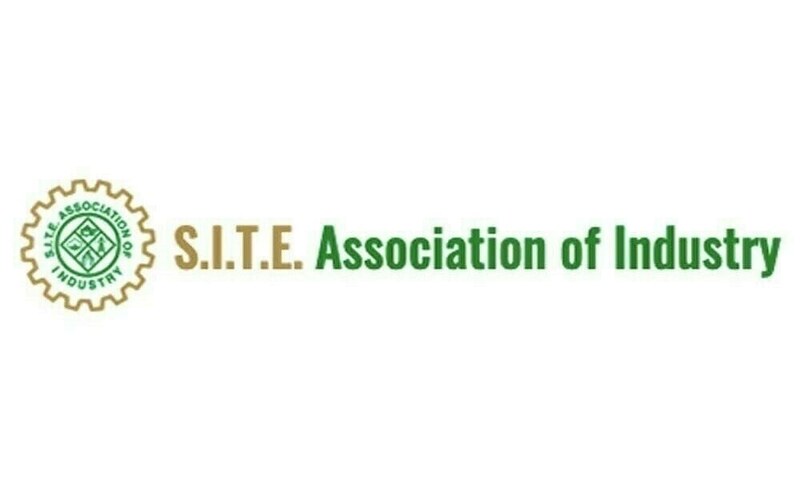KARACHI: The SITE Association of Industry (SAI) has lauded Prime Minister Shehbaz Sharif’s decision to abolish the 0.25 percent Export Development Surcharge (EDS), terming it a timely intervention that will bolster the national export sector.
The association said the move would provide much-needed relief to exporters, enhance their international competitiveness, and serve as a catalyst for economic growth.
However, they stressed that the more than Rs 50 billion collected under EDS must be utilised transparently and directed back to the export sector.
Ahmed Azeem Alvi, President of the Site Association of Industry (SAI), said the prime minister had fulfilled a longstanding demand of the industrial community by scrapping the surcharge. He added that the more pressing question now was how the sizeable funds accumulated under EDS would be spent.
Alvi emphasised that since the funds were generated from the export sector, they should be reinvested in the same sector to yield long-term benefits. He urged the government to include prominent business leaders from major contributing cities in the committee to ensure that the body overseeing the utilisation of funds consists of individuals who understand the needs and realities of the business community and can guide spending toward sustainable investments rather than one-off expenses.
The SAI president suggested reviving and upgrading vocational training institutes in Karachi’s industrial zones to enhance workers’ skills and productivity. If deployed with proper planning, he said, the EDS funds could eventually generate economic benefits worth up to Rs 500bn, supporting broader export recovery in the coming years.
Expressing concern over high input costs, Ahmed Azeem Alvi said exporters were already struggling with elevated electricity, gas and water tariffs, while capacity payments placed an additional and unjustified burden on industries.
“It is like being penalised for a crime we never committed,” he remarked, urging the prime minister to immediately abolish capacity payments so Pakistan’s export industries can compete with countries that enjoy much cheaper energy.
The SAI chief also proposed a reward-based payment system for industries, under which those who pay their utility bills 10 to 20 days in advance would receive preferential or discounted tariff rates. Advance payers, he suggested, should be offered even lower rates to incentivise timely payments and bolster industrial competitiveness in global markets.
Alvi further noted that alongside affordable energy, the EDS funds should be channelled into training skilled labour and improving industrial working environments. Such steps, he said, would significantly boost productivity and help strengthen Pakistan’s export capacity at a time when the economy is struggling for stability.
Copyright Business Recorder, 2025


